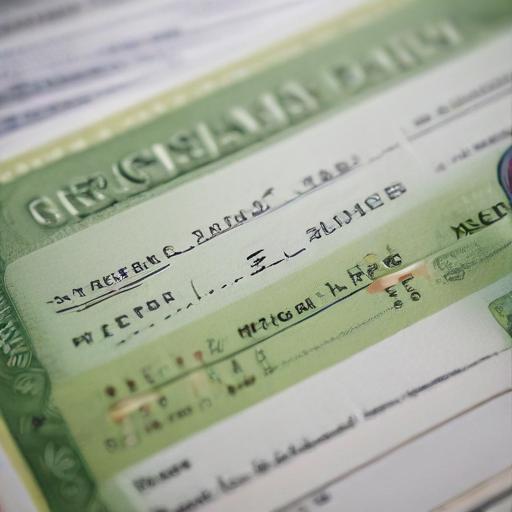The U.S. Citizenship and Immigration Services (USCIS) has introduced a significant change regarding the use of Form I-693, which is necessary for individuals applying for a green card. Effective immediately, any Form I-693 signed by a civil surgeon on or after November 1, 2023, will only be considered valid while the corresponding application is actively being processed. If the application is withdrawn or denied, the form will automatically become invalid, requiring applicants to submit a new Form I-693 with any future applications.
This update, disclosed in a recent statement by USCIS, highlights the importance of ensuring that medical examinations remain current and reflect the applicant’s health status accurately during the application process. A green card, also known as a Permanent Resident Card, allows individuals the right to live and work permanently in the United States.
The implications of this policy are noteworthy, particularly for those already in the application process. Previously, applicants could reuse a valid Form I-693 for subsequent applications if their first application was denied; however, under the new guidelines, they must undergo another medical examination and pay for the associated costs, which typically range between $400 and $1,000.
Husein Sadruddin, an immigration attorney, emphasized the importance of submitting a thorough application to prevent denial and the potential for additional costs. He advised applicants to seek assistance from trained professionals, such as qualified nonprofit organizations or experienced attorneys, to help navigate the complexities of the immigration process.
The change aims to enhance public health protections by ensuring that medical evaluations conducted as part of the immigration process are both timely and accurate. With the continued commitment to safeguarding health standards, this policy underscores the necessity of diligence in the immigration application process.
This new direction in USCIS policy denotes a proactive approach to ensuring that applicants’ medical statuses are appropriately vetted, ultimately contributing to the well-being of communities in the United States.
